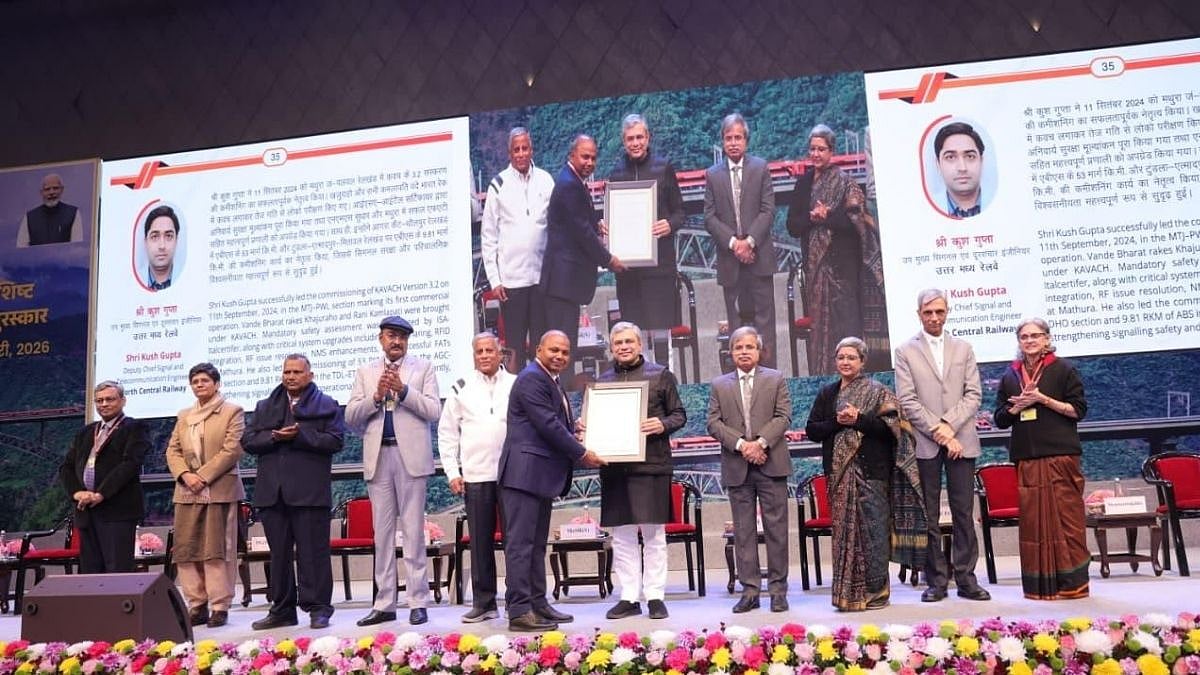When I came across this year’s theme of World Tourism Day “Building Peace, Fostering Knowledge”, the country which came to my mind was Japan which also happens to be one of the top 10 safest countries in the world as per the Global Peace Index Ranking.
As far as knowledge is concerned, Japan is one of the leading countries in the world in the area of scientific research, technology, machinery, medical, and a lot more.
As per Wikipedia, Japan has the third-largest budget for research and development at USD 130 billion, and over 677,731 researchers. Japan also has received the most science Nobel prizes in Asia.
As a Professional Speaker, I often travel to different places to expand the horizon of my learnings by making an effort to inculcate some good lessons from people from diverse cultures, from historic places in different countries, amazing festivals celebrated by different communities. I share these lessons as part of my presentations in different forums. Due to the widespread COVID 19, this year I attempted to virtually experience the culture of Japan.
Below you will find some important lessons which I learned from the Japanese culture which I feel can help one evolve in one's journey:
1. Hanami: Hanami is one of the biggest festivals which takes place at the beginning of the spring in Japan. Thousands of people gather in parks around Japan to experience some of the most iconic newly blossomed flowers, I believe this experience of collectively experiencing nature not only helps them build strong bonds but also helps them take the level of their creativity to a different level. Creativity is something which can play a big role in the area of problem-solving, especially in current times when the world is looking for solutions, I feel if more and more people learn the element of creativity from the Japanese culture then they will be better equipped in solving some of the most complex problems. Mr. Ranjan Kumar who works as Director of HR Technology, Digitalisation &. Lean Management at Indigo (InterGlobe Aviation Ltd.) said in one of his previous organizations selected people in groups would go to a nature-centric place where they would keep their cell phones in a locker to brainstorm on all possible ideas which can make a big difference in the growth of the organization.
2. Bonenkai: Every year towards the end of the year, Japanese people get together with one purpose to forget the troubles they went through during the year, these gatherings usually take place amongst friends or colleagues at work with a purpose to openly share their feelings about the opposite person (this opposite person could even be a CEO), if someone has grudge against someone during Bonenkai the person openly says I have a grudge against you because I didn’t like the way you said something to me or the way you treated to me, the way you didn’t include me. With this kind of openness, they break the silos amongst each other and get ready to begin their new year on a positive note. I felt if this culture is introduced in corporate India, we will be able to get away with the Yes Sir culture, also bosses will be more open and receptive to change themselves for the greater good of the organization. Mr. Kaushik Mitter who works as Vice President Human Resources at Reliance Jio Infocomm Ltd. said organizations can align their employees towards a common goal by imbibing the spirit of the Grand Indian Wedding in which every individual who is part of the family goes all out to make it as Grand as possible, leaders must ensure employees work in such a way that they leave their differences aside to collectively achieve something big.
3. Chorei: Every morning Japanese people have a routine business meeting in their respective organizations which is known as Chorei. This daily routine is mandatory for all employees. The purpose of this meeting is to promote collaboration amongst people, to align employees to the vision and mission of the organization, to assist employees who are facing roadblocks in their work, to keep employees inspired as everyone is encouraged to share their thoughts in these meetings. Mr. Jigar Undavia who works as Country Head HR for Yanfeng India said employees in his organization daily participate in the morning yoga exercise to collectively nurture the body, mind, and soul. This exercise also helps them in driving the collaborative spirit across the organization.
In current times, there is a great need for inspiration, one of the ways one can be inspired in life is by exploring, extracting, and applying learnings from different cultures. Dr. Sanjeev Dixit who works as a General Manager - Human Resource taking care of the International Business for The Himalaya Drug Company said Culture eats Strategy for all 3 meals (Breakfast, Lunch, and Dinner). Dr. Dixit said in his book titled PLAN C, he has quoted Belief influences thoughts, thoughts influence behaviours, behaviours influence actions, and actions influence results.
By incorporating the positive elements of other countries into our culture we can evolve on multiple fronts such as employee retention, productivity, quality, sales numbers, etc. If this evolution takes place across the industry then India might become a 5 trillion-dollar economy much before 2025.
Manish is an award-winning story consultant, TEDx / global speaker and a business leader with over 20 years of experience spanning across diverse functionalities.









